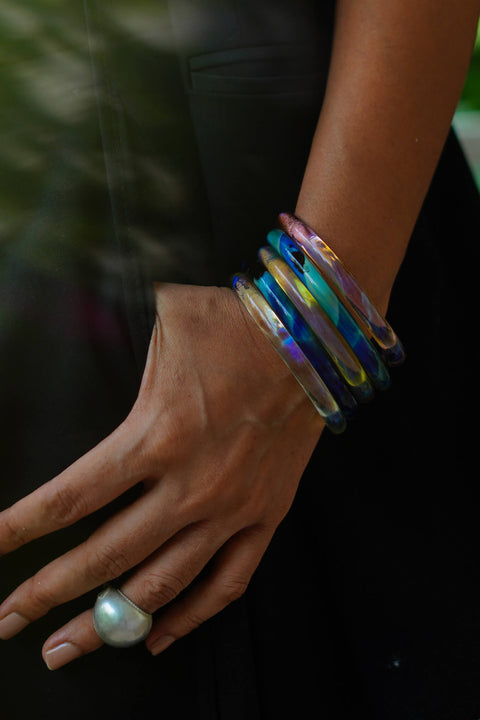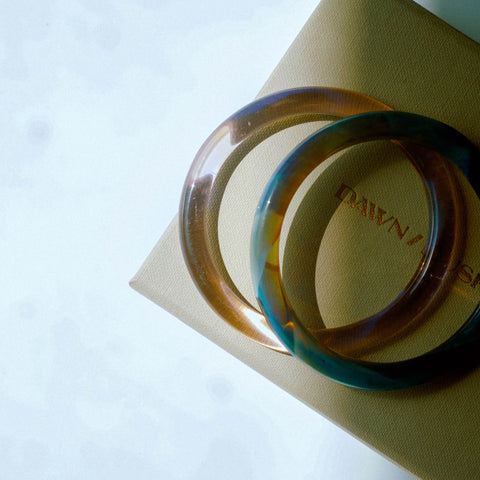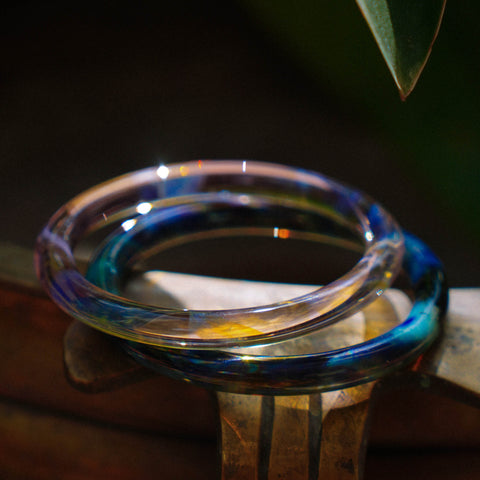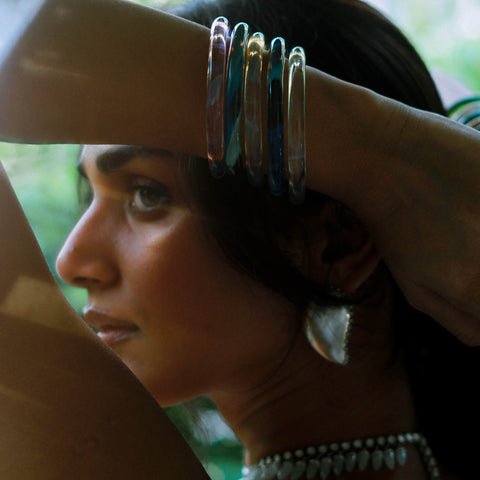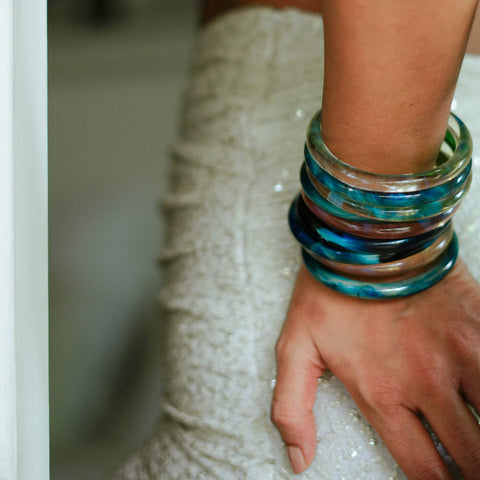The stories we seek often lead us back to ourselves. For Simrah, some of her fave stories include those shared with her Dadi, her childhood best friend Zaara and her camera, which helped her find her voice. Through her lens, she captures more than images; she captures the essence of being, the quiet spaces where people feel honored—and in that honor, they belong. And she belongs.
✦✦✦✦
Q: Who is Simrah?
A: I would say Simrah is someone who wants to bring comfort and peace to people's lives. And doing that through actions that make people feel comforted and seen and like they've come home to themselves.
Q: And, how do you describe yourself as a photographer?
A: I would say I’m very go-with-the-flow and spontaneous. I have a general sense of direction, but I like to follow what unfolds naturally in the moment because that’s how you create genuine art. I prioritize the comfort of the people I photograph—it’s such a vulnerable thing to be in front of a camera. I want them to feel like their best, most authentic selves, without pressure. Creating a calm and non-judgmental environment is really important to me.
Q: What inspired you to pick up a camera for the first time?
A: I wanted to tell stories—stories of people, of objects, of moments. I started taking photos when I was around 14. I always wanted to honor my subjects in a way that was affirming, that shed light on their essence. That’s still what drives me.
Q: Do you have a favorite photo or project that means a lot to you?
A: Definitely the series with my dadi. It feels the most personal to me. When she lived with us for a couple of years, I was the one home with her the most. At first, I resented it—I felt like I was putting my career on hold. She has dementia, so while she doesn’t remember what happened five minutes ago, but she vividly recalls her childhood. She would tell me stories from when she was a girl, from when she got married.
Photographing her has made me see her not just as my grandmother, but as a woman who lived a whole lifetime before me, before even my father—a world of stories that refuse to fade, even as dementia weaves its fog. Getting to know her like that has been the most beautiful gift.
Q: What’s something photography has taught you about yourself?
A: That I’m more capable and confident than I ever thought. I’ve always been soft-spoken and reserved, but photography has given me a voice. It’s challenged me to advocate for my work, to articulate my artistic vision. I started at 14, and every step along the way, it’s pushed me to grow. It’s been my way of expressing myself loudly without speaking.
Q: What does belonging mean to you?
A: Belonging to me means finding your home on this earth—but not in a physical sense. It’s about finding your purpose and following your natural instinct, because that’s where you’re meant to be. It’s about feeling grounded in yourself, being sure of who you are, and trusting where your instincts take you.
Q: What do you do when you hit a creative block?
A: I step away. When I try to push through it, it only gets stronger. Instead, I focus on something else entirely—reading, taking walks, just being. Eventually, inspiration finds me again in an unexpected way, and that’s when I know I’m ready to create.



